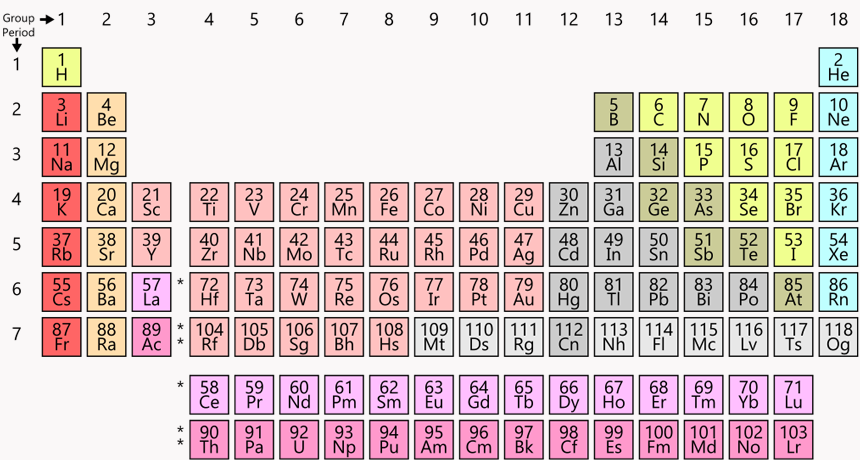Questions for ‘Chemistry’s ever-useful periodic table celebrates a big birthday’

This “twin tower” periodic table is everywhere — in classrooms and museums, even on T-shirts and coffee mugs. Chemists everywhere consult it to understand chemical relationships, to look for data and to plan experiments.
Offnfopt/Wikimedia Commons